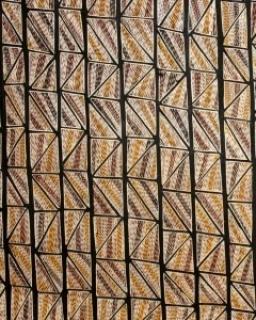
Abstract
This paper explores data from two early reports related to an evaluation of the trial of the Cashless Debit Card (CDC) roll-out in the Electoral Division of Hinkler, Queensland, which began in January 2019. This trial, which includes residents of Bundaberg and Hervey Bay, is the first in a nonremote area where the population is predominantly non-Indigenous. It is focused only on persons aged 35 years or under, who are on four income support payments (Jobseeker Payment, Parenting Payment (Single), Parenting Payment (Partnered) and Youth Allowance (Jobseeker)). The baseline study includes what is termed a ‘Quantitative Data Snapshot (Mavromaras et al., 2020) and a Qualitative Study (Mavromaras et al.,2019b). An analysis of the reports raises real doubts about why the trial is deemed an appropriate response to the problems of the area at all, and how the evaluation will even assess the CDC’s impact due to the disruptive economic and social effects of COVID-19.
File attachments
| Attachment | Size |
|---|---|
| Hunt_TI_2_2020_Final.pdf(1.43 MB) | 1.43 MB |